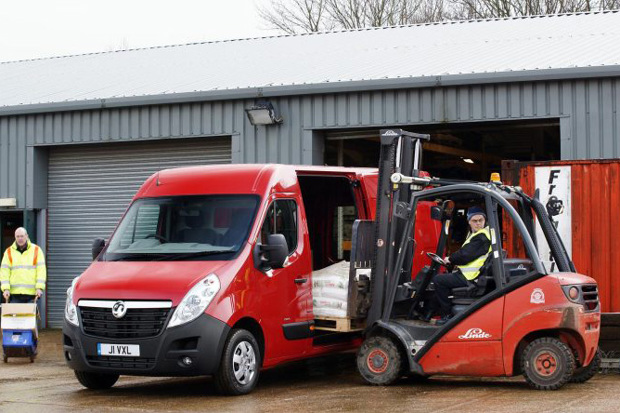Overloading warning as van drivers rack up £390k in fines

UK van drivers have racked up £390,000 in fines over a 12 month period for overloaded vehicles, with the average fine for an overweight vehicle being £2000 per offence.
Data collected by policy comparison site Go.Compare van insurance showed that 208 drivers were convicted of exceeding their vehicle’s Maximum Authorised Mass (MAM) in the 2024-2025 financial year, resulting in fines totalling £391,964.
The MAM is the legal weight limit of a van, including cargo, fuel, tools, and passengers and is greater than the GVW, or Gross Vehicle Weight, which is limited to 3.5 tonnes for standard licence holders (or 4.25 tonnes for an electric van).
The insurer has warned that even a small amount of excess weight can result in an instant fine or court summons.
Overloading not only breaks the law, it also puts both the driver and public safety at risk. Increased weight can significantly increase stopping distances, heighten the risk of tyre blowouts and affect steering and handling.
The latest data shows a clear upward trend, with more fines being issued and over £70,000 more collected in penalties than in the previous financial year. Related offences like construction and use, which include uneven or insecure loads and breaches like axle overloads, added a further £50,924 in fines over the same period.
In total, there were 270 convictions for overloaded or unsafely loaded vans in a single year in 2024-2025, equating to one conviction every working day and almost £450,000 collected in fines overall.
The insurance comparison site is urging van owners to be aware of their van’s weight limit, reminding drivers that overloading can also invalidate their insurance, with convicted drivers facing higher premiums or denied cover entirely.
"Avoiding an overloading fine really comes down to awareness and routine. Know your van’s weight limit, factor in everything you’re carrying, not just the cargo, and get into the habit of checking daily," says Steve Ramsey, motoring expert at Go.Compare.
Ramsey explains that it’s easy to assume you’re under the limit, but it doesn’t take much to cross the line. A couple of extra toolboxes, some building materials, or even a second passenger can tip the balance.
"It’s not just the financial concern, any motoring conviction must be declared to your insurance provider. Offences like overloading or construction and use breaches can lead to higher premiums, limited options, or even policy cancellation. That’s a steep price for something that’s easily preventable."

